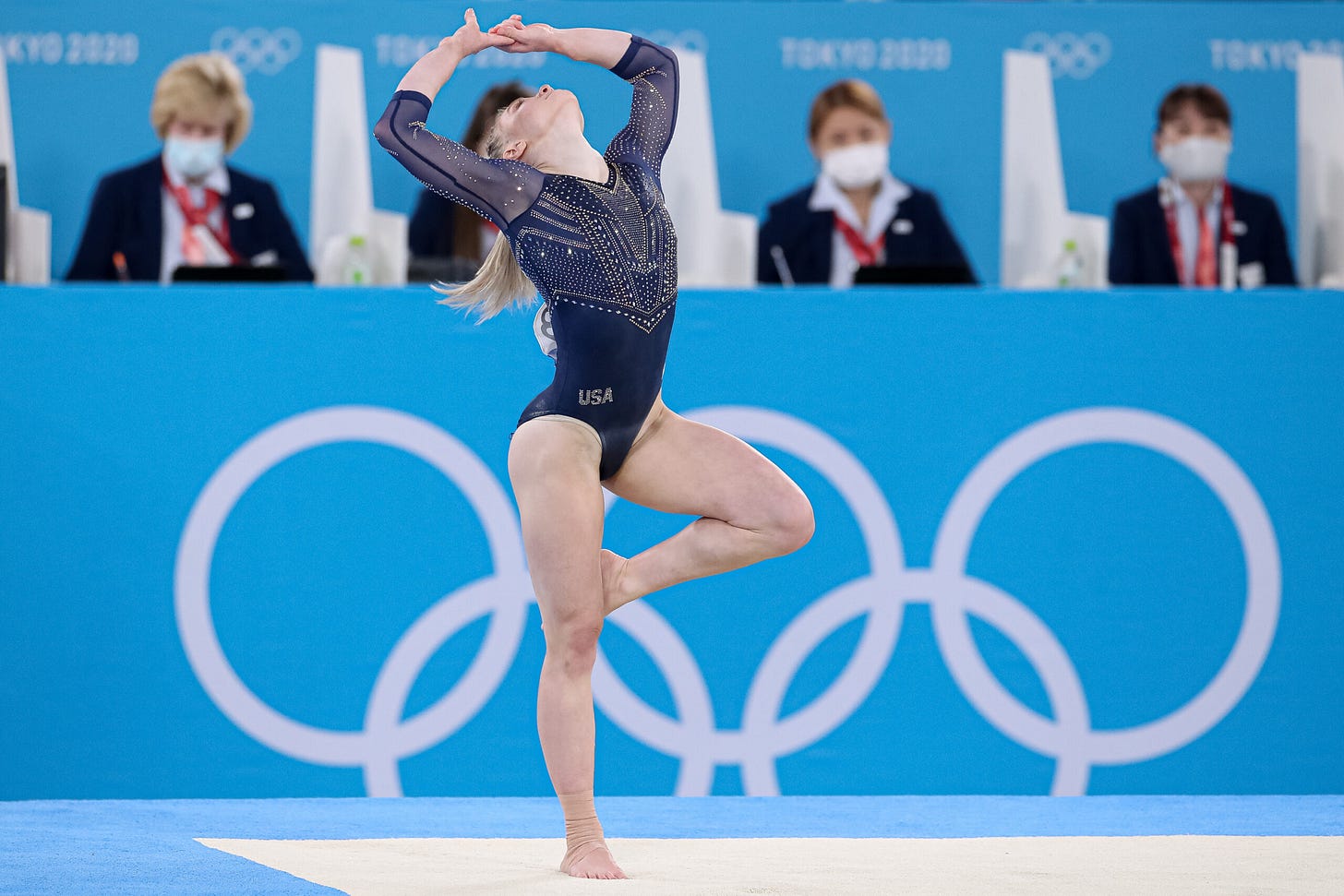Canzano: Adidas throws a haymaker on the college sports front
Nike will punch back, be sure.
A couple of years ago in Hollywood at Pac-12 Conference football media day University of Oregon star quarterback Justin Herbert showed up wearing a pair of size 13 “Oregon Air Jordan Tinker 3” sneakers.
Herbert and I talked for a bit about his shoes. I asked the quarterback why he’d left the tags on them and he said, “I’m borrowing them.”
Turns out the NCAA viewed the scarce customized sneakers as a potential violation and extra benefit. Herbert checked out the shoes from UO’s equipment room that morning and slipped them on. So did linebacker Troy Dye. But there was a catch: The football players had to turn the sneakers back in after media day. Only after leaving Oregon for the NFL would Herbert and Dye be allowed to keep them.
Hold that thought.
Adidas announced Wednesday that it is opening its arms to athletes who suit up for its 109 university partners. The sneaker company said that more than 50,000 athletes across 23 sports can now become paid Adidas ambassadors.
Some athletes will be compensated for social media posts. Others might use commission-based links to receive a percentage of sales they drive to the company’s website and app. Others yet are in line for more lucrative brand partnerships. The rollout will happen over the next year.
The big surprise to me?
That it took this long for a sneaker company to officially enter the name-image-likeness fray. Also, that Nike wasn’t first.
Or was it?
I’ve been looking hard at university sneaker-company deals in recent days. Alabama is currently riding out what amounts to a lousy contract that former athletic director Bill Battle signed with Nike in 2013. It runs through 2025 and is worth $63 million in apparel and included a $5 million signing bonus.
Just two years later Michigan signed a $169 million over 11 years that included $77 million in cash. A year after that Nike signed Texas to a 15-year, $200 million deal. And Ohio State got a $252 million apparel contract from Nike in 2016.
Athletes have always been brand ambassadors for the sneaker companies. Free shoes, bags, and sweatsuits have always been part of the deal. The difference now is that athletes will be in an official business arrangement directly with the company.
Other major corporations are going to be busy today lining up their own widespread affiliate programs for college athletes. Nike won’t want to look like an Adidas follower so I’d expect some splashy accelerated advancements in the concept from them when they announce.
Or maybe Nike will just shrug and say, “We invented this game, folks.”
I keep thinking about Herbert’s “borrowed” sneakers. He eventually left Oregon with a truckload of team-issued sneakers, including those rare Oregon Air Jordan Tinker 3’s. Under current rules, Herbert could have worn the sneakers home from media day, posted a photo to social media and included a commission-based link for others to buy their own. Or Nike could have just paid him six figures to wear them to media day and called it good.
Oregon defensive end Kayvon Thibodeaux partnered with Nike co-founder Phil Knight and designer Tinker Hatfield on a $100,000 partnership last year. It was widely celebrated as a new day in college athletics. But I did some poking around and found that, at least initially, the endorsement windfalls were modest.
In the first six months Oregon athletes signed 273 endorsement deals. The average value: $1,087. Biggest deal: $100,000 (Thibodeaux). But if you remove that six-figure outlier you get a better idea of how the typical Oregon athlete fared.
Average at UO without Thibodeaux: $723.
Meanwhile, Oregon State athletes signed 48 NIL deals during the first six months. Olympic champion gymnast Jade Carey signed a $200,000 endorsement deal that skews the numbers significantly ($5,340 average) so we’ll throw that out, too.
Average at OSU without Carey: $1,198.
There are bound to be more six-figure paydays in the next 12 months for major recruits in revenue-generating sports, particularly. But the feeling I got from studying the initial returns was underwhelming. It’s why this Adidas deal is of particular interest. It’s built for mass participation and there’s lots of upside for all parties.
The Adidas concept makes every athlete on campus a potential paid brand ambassador. The sneaker company hasn’t just turned 50,000 college athletes into a commission-based sales force, it has also added incentive for athletic departments to keep doing business with it.
It was a solid punch from Adidas.
Nike will hit back, be sure.
#




If, 20 years ago, or 10, we would be where we find ourselves today with NIL, I would not have believed you. I don't know where this leads, but that genie ain't going back in the bottle. Agreed giving the athletes a piece of the pie is the right thing to do and long overdue.
Great piece. The business of sports is always fascinating to me. Glad college kids are finally able to get paid for their talents/name. Can kids trademark their name before college to ensure any more revenue for themselves?